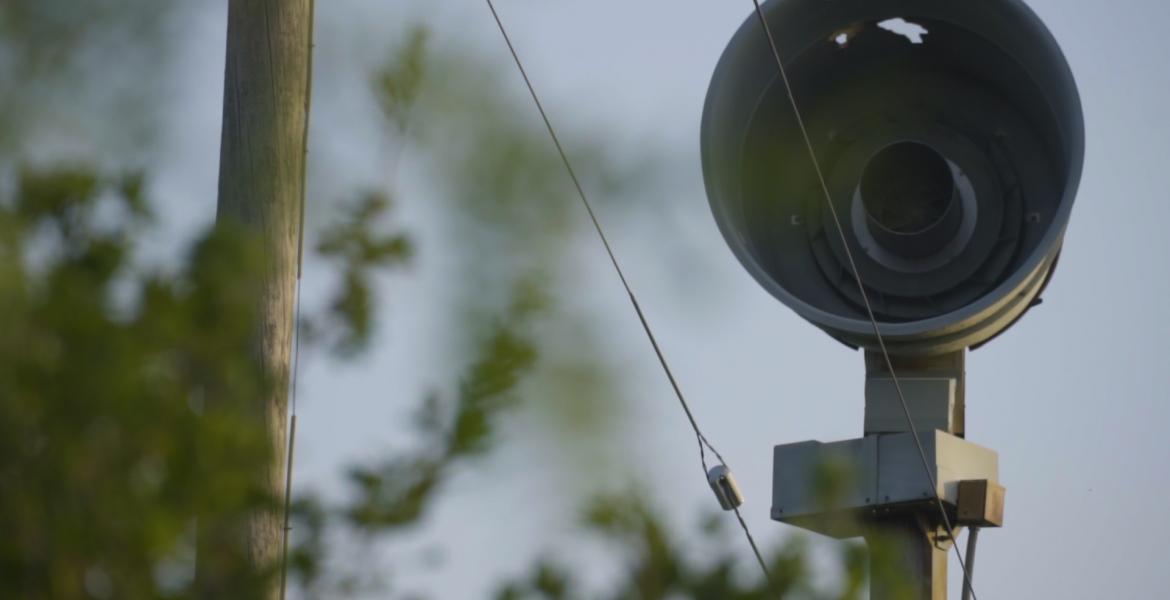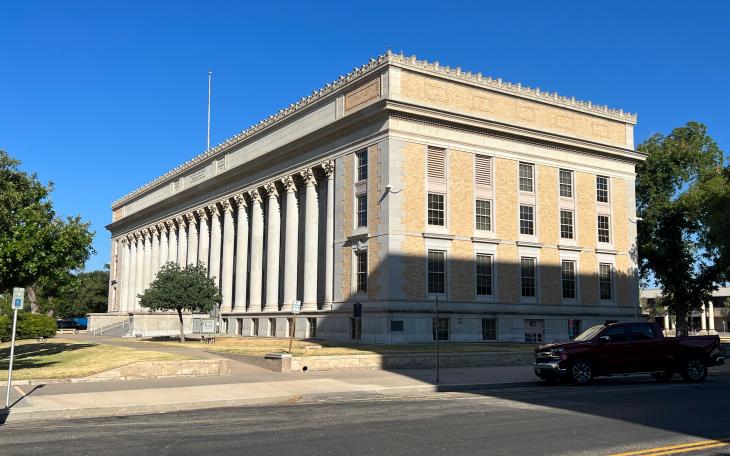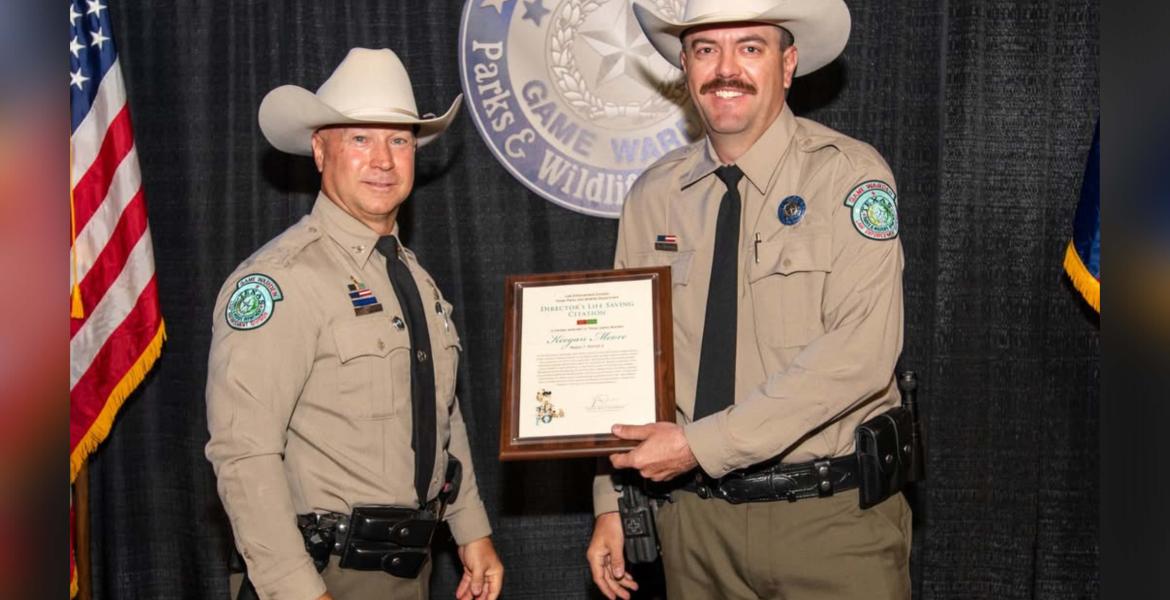He told her he loves her. She said I do. The relationship isn’t perfect, but it doesn’t have to be. It’s love, and love is all about accepting those little flaws. Flaws like his jealousy and her appetite for Cheetos and cookies. His forgetting to take out the trash and her nagging about it, his temper and her constantly hiding things.
When they first met, everything was rosy. Sure, he’d make the occasional ‘light-hearted’ jab about how those cookies were beginning to show on her waistline, and maybe he’d peek over her shoulder when she was chatting online with a friend. But he didn’t mean it that way. He is just protective, and of course he loves her the way she is.
When those verbal jabs became ‘love taps’ and that over-the-shoulder monitoring became late-night phone-snatching followed by suggestive accusations, she figured he just loved her more. Until one day, her blue side became a cracked rib, and her lifelong friend her presumed lover.
But this story doesn’t belong to her. In 2012, it was the story of 188,992 women, men and children in Texas, 87 cases at the Tom Green County Sheriff’s office, 1,371 San Angelo residents who reported family violence to the SA Police Department, and one person at Angelo State University. Those are just the stories that have been told.
October is all about telling stories, and that nationwide. But with a parade of pink on every corner and fundraiser flyer, where are all the purple ribbons supporting the woman in the story? Where are the voices of advocacy and the ‘Awareness” that comes between ‘Domestic Violence’ and ‘Month,’ and what can we expect to see in the remaining months of 2013?
Karla Payne, Executive Director of the Concho Valley Rape Crisis Center, says that domestic violence affects more local families than people are willing to admit. Rates have already risen this year, and with the holiday season just around the corner, that trend is only expected to rise.
“We have our ebbs and flows throughout the year,” Payne says, “you will probably see more domestic violence during the holidays than sexual assault, and sometimes sexual assault is part of the domestic violence,” she says.
Payne attributes this rise to the amount of time people spend with families and friends over the holiday season, and statistical crime data show that the majority of domestic violence and sexual assault incidents occur at the hands of family members and acquaintances of the victims.
“We’ve been seeing a lot of 14, 15 and 16-year-olds lately,” Payne says. “Sometimes with the younger ones it’s sexual assault within the family.”
According to the Texas Department of Public Safety, that’s almost half the time, actually. The Texas Crime Reports for 2012 reveal that 44.8 percent of the victims of sexual assault were related to the offender. While the majority of cases fall into the ‘other’ category, only 14.8 percent of those cases were either strangers or unknown to the offender.
Average victim age throughout Texas compares to what San Angelo centers are seeing. 10-14-year-olds comprise the largest group of victims in the state of Texas, with 15-19-year-olds running a close second.
Still, children remain particularly vulnerable throughout the holiday season due to proximity.
“Sometimes there will be an increase around the holidays—especially in child sexual assault—because a lot of times, they’re around their families and there’s family get-togethers and perpetrators will have access to the victims,” Payne says.
“During the holidays, people may be off work, they’re in close proximity, sometimes there’s more fights, they’re together and they’re frustrated with each other more, so that can sometimes escalate,” Payne says. “And the stress of the holidays can be really frustrating, some people can’t deal with it well.”
The holidays are also prime time for alcohol-fueled parties and get-togethers, which Payne says also contribute to a large number of the cases of violence and sexual assault her center experiences.
Surprisingly, the number of calls the center receives between Thanksgiving and New Year’s usually declines, which she attributes to people being busier and not having the time to speak about their secrets.
While the age of victims of sexual assault in San Angelo tend to be between 14-24, that number is a lot more wide-spread in cases of domestic violence.
The Texas DPS reports that the concentration of domestic violence victims varies from 20-34, with a high number of occurrences among 15-40-year-olds as well.
Newbridge Family Shelter Family Service Advocate Coordinator Sarah Tiner says that domestic violence is faceless.
“There’s no specific age group. We get minors, we get older adults, we get families, and it ranges. We never really see consistant range in age or ethnicity or social class…we get women who are low income and we get women who have a PhD, so it ranges a lot,” Tiner says.
She also states that the San Angelo Emergency Shelter is expecting to be a bit busier this year, according to what they’ve seen in the past few months.
“[The Executive Director] she is expecting this holiday to be a little more busy, due to the population increase in San Angelo. We have seen a growth already due to that,” Tiner says.
As the population increases and the holidays near, both the Newbridge Shelter and the Rape Crisis Center are placing emphasis on education and prevention, and vocalize that their centers are always open, with 24-hour hotlines.
“The choice for a woman to leave is very courageous,” says Tiner. “That’s the most dangerous time. She’s being controlled, she’s being, she is being humiliated, she is being undermined, she is being dominated. We try to put out a message of empowerment for women.”
Both the Rape Crisis Center and the Newbridge Shelter encourage victims of violence to contact their facilities and seek help.
“It’s very important [for women to speak to someone],” Payne says. “I’m not saying everybody needs to come in, but it’s important that everyone talks to someone and knows they’re understood and gets support.”
The Concho Valley Rape Crisis Center has a 24-hour Hotline where victims can call and speak to a counselor when needed. The number is 325-658-8888. They also have a toll-free hotline at 800-656-HOPE (4673).
The Newbridge Family Shelter is an emergency shelter offering individuals and families support for up to 30 days, including food, clothing and utilities, free of charge. Extensions may be made for up to 90 days. The shelter also offers support in finding childcare and job searches, as well as counseling and classes on domestic violence. Some of these services are available to non-residents. For more information, visit the web site at http://www.icdbridges.org/articles/view/newbridge-family-shelter or call the 24-hour hotline: 325-655-5774. The toll-free hotline number is: 1-800-749-8631.
On Friday, the Rape Crisis Center will be hosting a “Watch Your Drink Campaign” on Friday at 8:30 p.m. For more information, visit our events page.
Subscribe to the LIVE! Daily
Required






Post a comment to this article here: